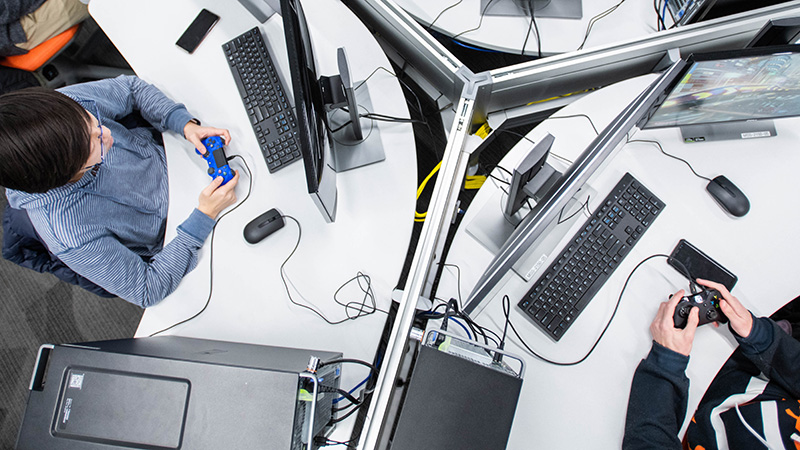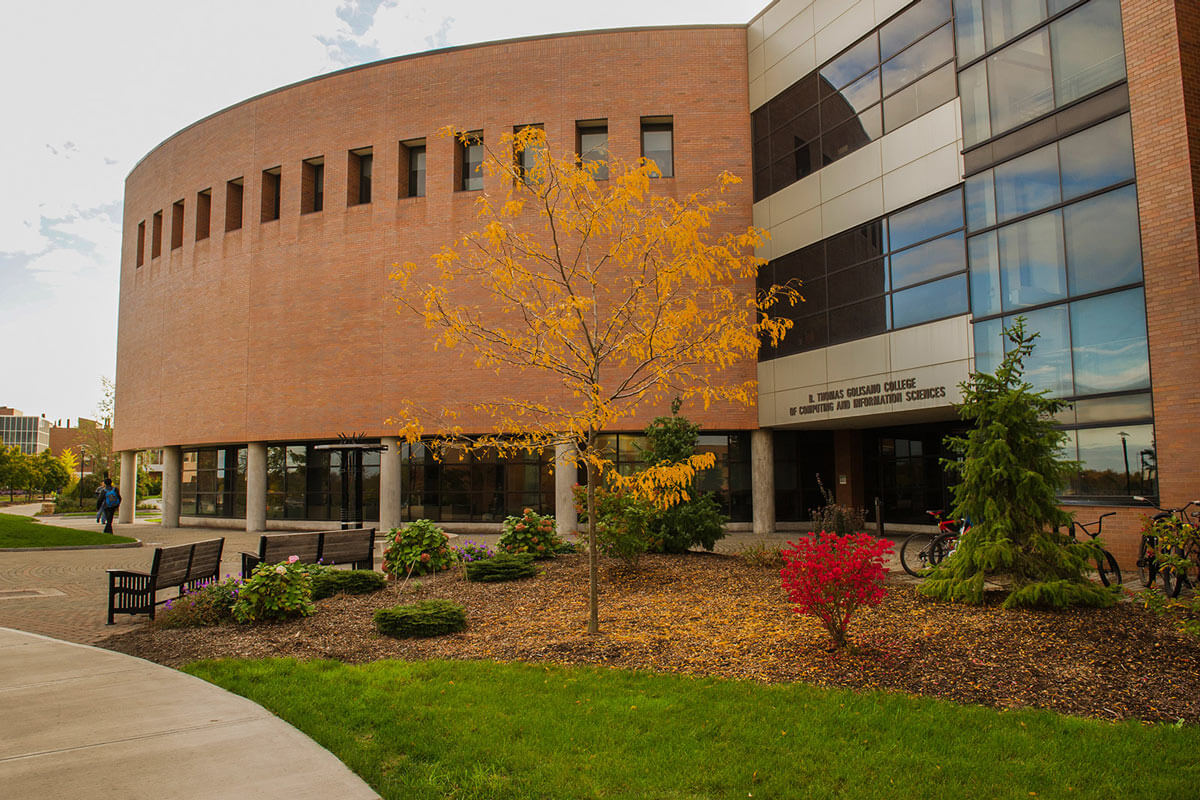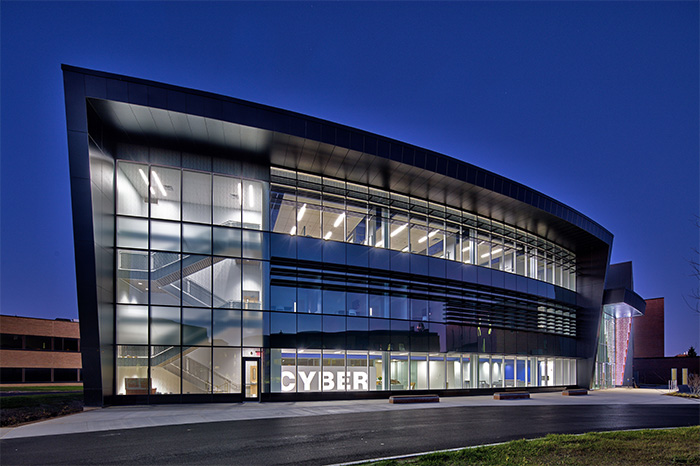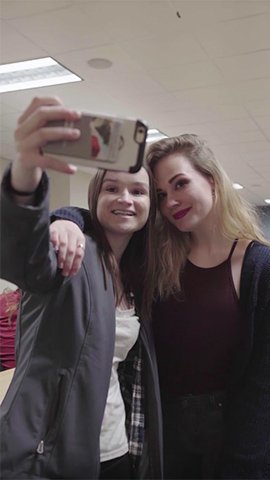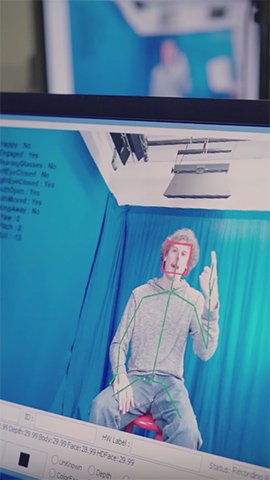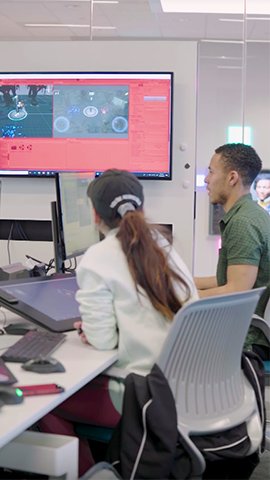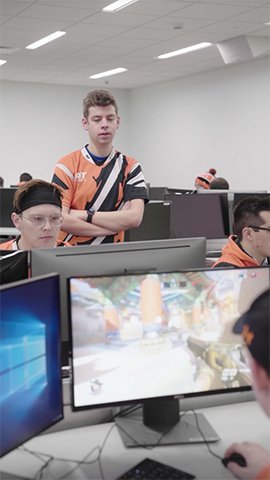Home Page
Faculty Openings
RIT’s College of Computing seeks qualified applicants for multiple faculty positions.
Learn moreabout faculty openings
Meet the Dean

At our college, we have a front-row seat to the way advances in computing are changing the world every day. Our faculty and student researchers are making impacts in fields ranging from accessibility to cybersecurity, and RIT students are hitting the ground running upon graduation.
Matt Huenerfauth






